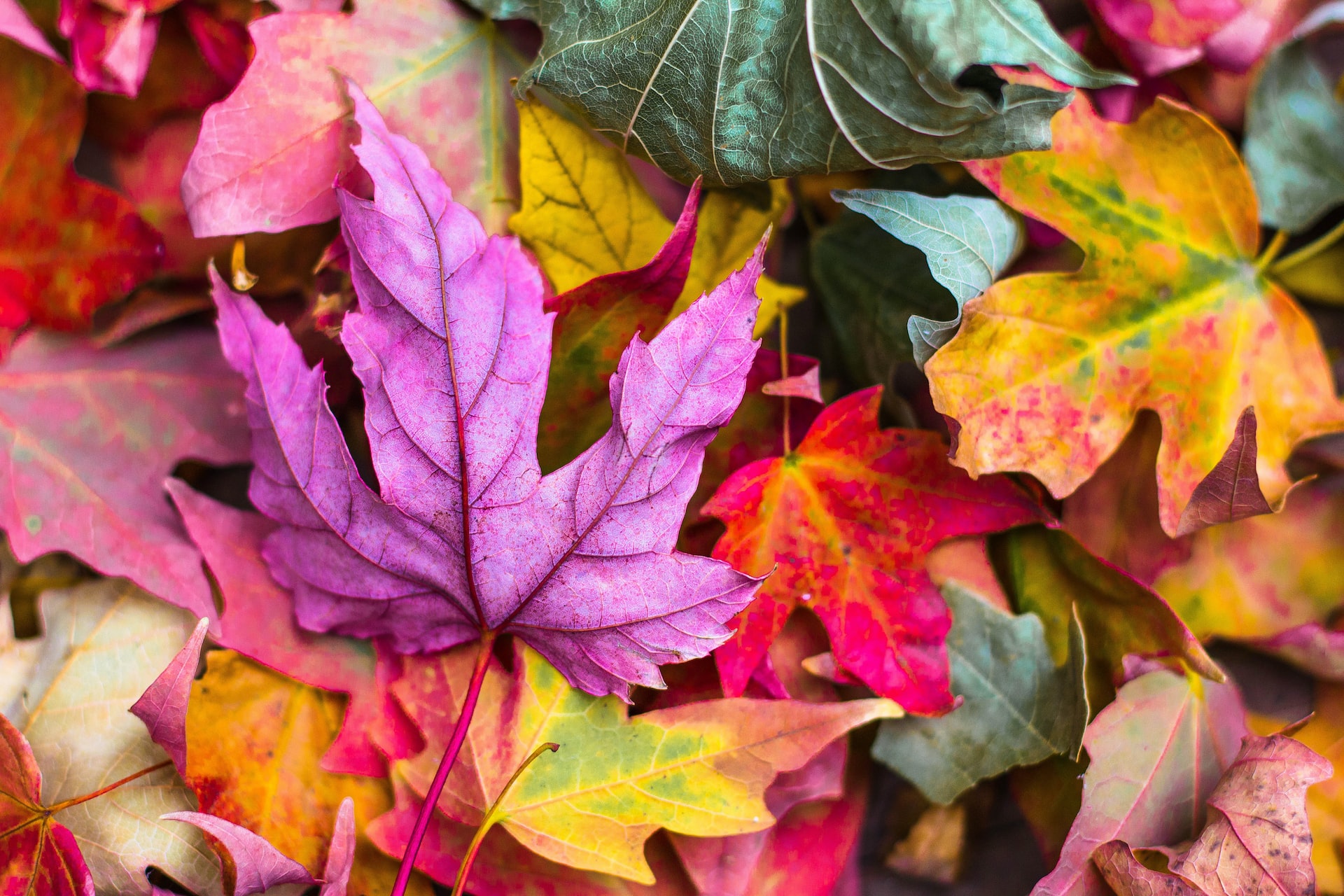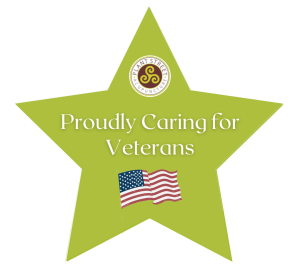After such a scorching summer in much of the country, Fall is a welcome season bringing cooler temperatures, comforting food, and a gentle lead into winter. However, for many people, Fall also brings with it some severe allergies.

While most people may associate severe allergies with the Spring and Summer months when everything is in bloom, there are those who only suffer during the autumn. The main cause of Fall hay fever is typically weed pollen but, depending on where you are located, common fall allergens can include ragweed, sagebrush, burning bush, tumbleweed, and Russian thistle just to name a few.
If you suffer from these types of allergies, you are more than likely aware of days when pollen counts are especially high (windy and warm days). Rainy days are a welcome relief until the grasses dry and pollen counts soar once again.
A common Fall occurrence in many parts of the country is burning leaves after they fall from the trees. This is when mold can become a problem for those suffering from Fall allergies. When those piles of damp leaves are left alone to rot, mold can form and cause allergy sufferers all kinds of issues.
In some areas of the country, ragweed can cause problems from late August to mid-November. Ragweed thrives on warm days and cool nights and is found in every part of the country. As with most grasses, pollen counts are highest early in the morning.
Now that you know some of the more common Fall allergies, what can you do to make this season as painless as possible? It’s not realistic to lock yourself inside with nose spray and tissues but you can be strategic in your plan of attack to deal with the dreaded Fall allergy season. Here are a few tips to ease the burden:
- Make sure you are aware of pollen counts so you can limit your time outside during peak hours if possible.
- Use a HEPA filter and humidifier to keep airborne pollen levels manageable.
- Keep doors and windows closed, especially on days when pollen counts are high.
- Vacuum and dust regularly.
- Change clothes and take a shower after outdoor activities.
In addition to over-the-counter nasal sprays and antihistamines, check with your health care provider to discuss treatment options including acupuncture (which has a history of effectively treating allergies) and herbal remedies, as these are more natural options to dealing with Fall allergies.



